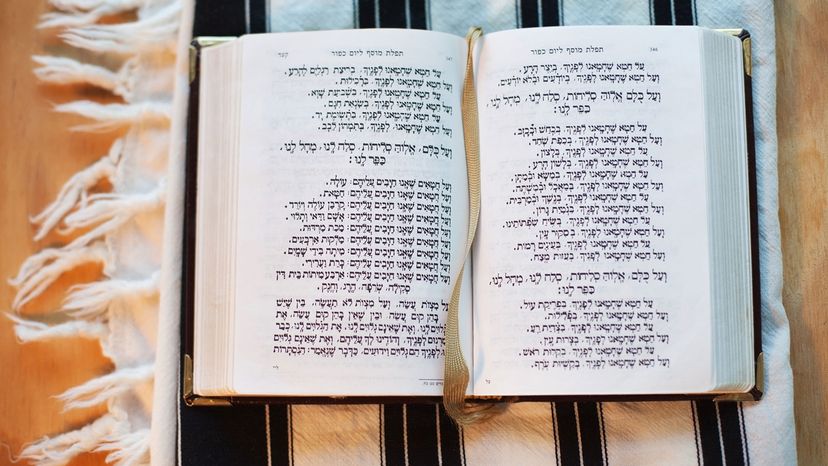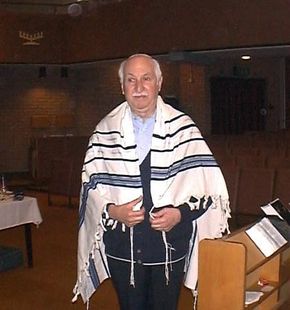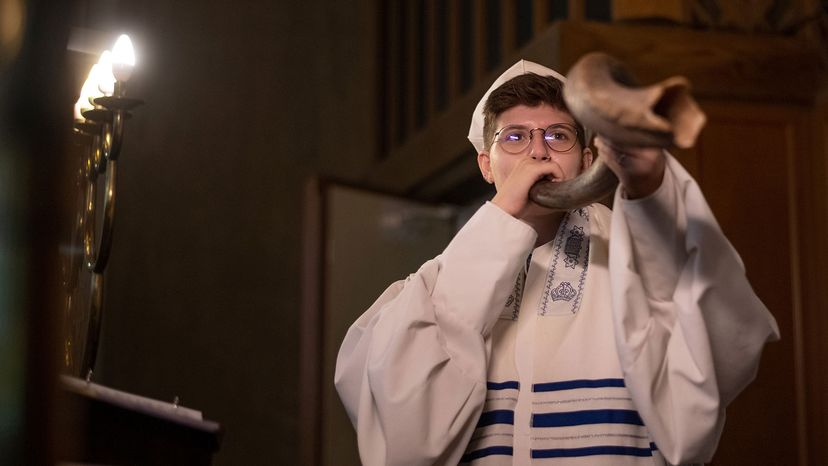
If you've read our article about Rosh Hashanah, then you know that it is one of two Jewish "High Holidays." Yom Kippur, the other High Holiday, is often referred to as the Day of Atonement. Most Jews consider this day to be the holiest day of the Jewish year. Often, even the least devout Jews will find themselves observing this particular holiday.
Let's start with a brief discussion of what the High Holidays are all about. The High Holiday period begins with the celebration of the Jewish New Year, Rosh Hashanah. It's important to note that the holiday doesn't actually fall on the first day of the first month of the Jewish calendar. Jews actually observe several New Year celebrations throughout the year. Rosh Hashanah begins with the first day of the seventh month, Tishri. According to the Talmud, it was on this day that God created mankind. As such, Rosh Hashanah commemorates the creation of the human race.
Advertisement
Rosh Hashanah is often referred to as the Day of Judgement. One of the most prominent themes of the High Holiday period revolves around the symbolic "Book of Life." On Rosh Hashanah, Jews often say to one another, "May you be inscribed and sealed in the Book of Life." Being inscribed in the "Book of Life" brings with it the promise of a good new year. The belief is that on Rosh Hashanah, the names are written in the book and 10 days later, on Yom Kippur, the book is sealed. These 10 days are referred to as the Days of Awe.
The Days of Awe are a time of spiritual, emotional and physical cleansing. Jews are meant to reflect on the previous year, pondering their thoughts and actions and asking forgiveness for any transgressions they may have committed throughout the year. Because it is a time for introspective thought and prayer, many Jews abstain from entertainment and other pleasures during this time. Although this can be a solemn and somber period, it is also a time to rejoice in life and find hope for the coming new year. The Days of Awe and the High Holiday period give Jews the opportunity to put the sins of the previous year in the past, and move forward having received God's forgiveness.
Advertisement

